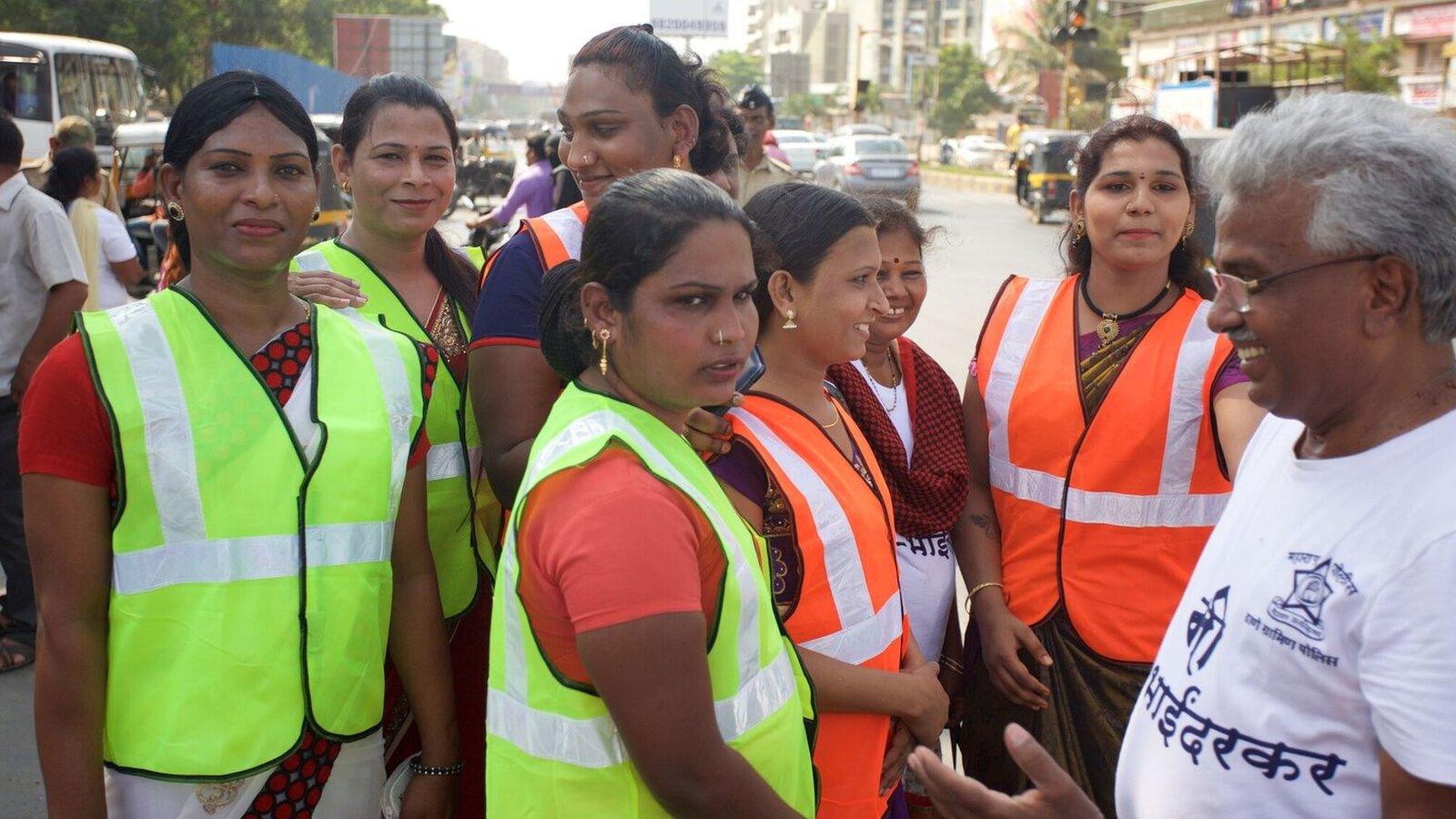Fighting back: 'I wanted to change things'
- Published
How entrepreneurs in Lebanon and Jordan are encouraging women to take up new skills
Across the world, 35% of women say they have experienced either physical or sexual violence.
But in two countries in the Middle East women are fighting back: in one instance with their food and in the other with their fists, as Carolina Valladares and Mohamad Chreyteh report.
In Jordan, martial art expert Lina Khalifeh has seen a strong take up of her self-defence classes, She Fighter; while in Lebanon, Samer Sfeir's Mommy Made trains women in catering, giving them an opportunity to be financially independent.

She Fighter, Jordan
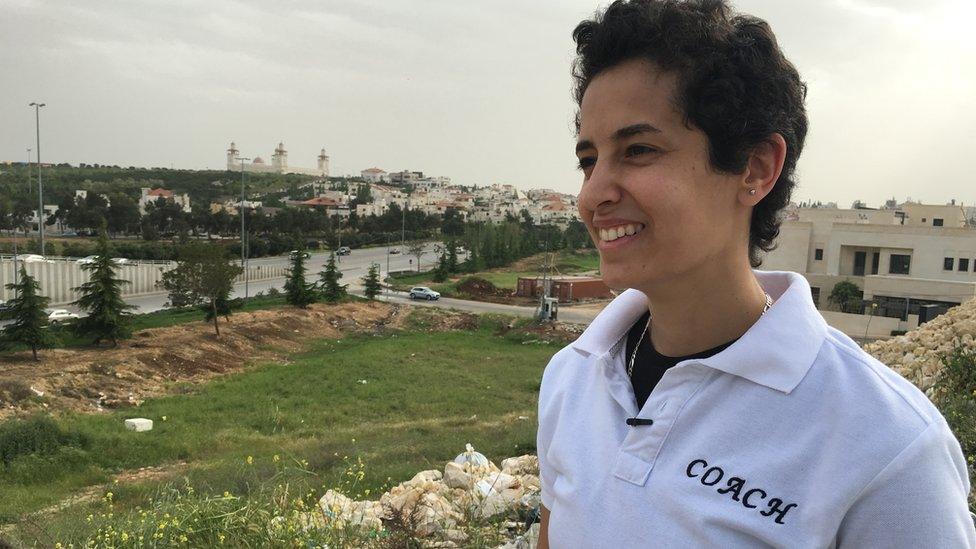
Lina Khalifeh says she wants to change her country's culture
"Growing up and seeing women facing harassment and not being able to defend themselves - of course I wanted to change things," says Lina Khalifeh.
Around 60-70% of women get harassed in Jordan and only a few of them will go on to report it to the police because they feel scared of how their families and especially their husbands will react, she says.
The young Jordanian, who is from Amman and holds a black belt in Taekwondo, is hoping the self-defence classes she runs will lead to a culture shift.
Ripple effect
Despite having no other investment other than her own savings, she opened a small studio four years ago. Previously she had tried and failed to get women to take up self-defence. But this time, her timing has been right and she has been successful.
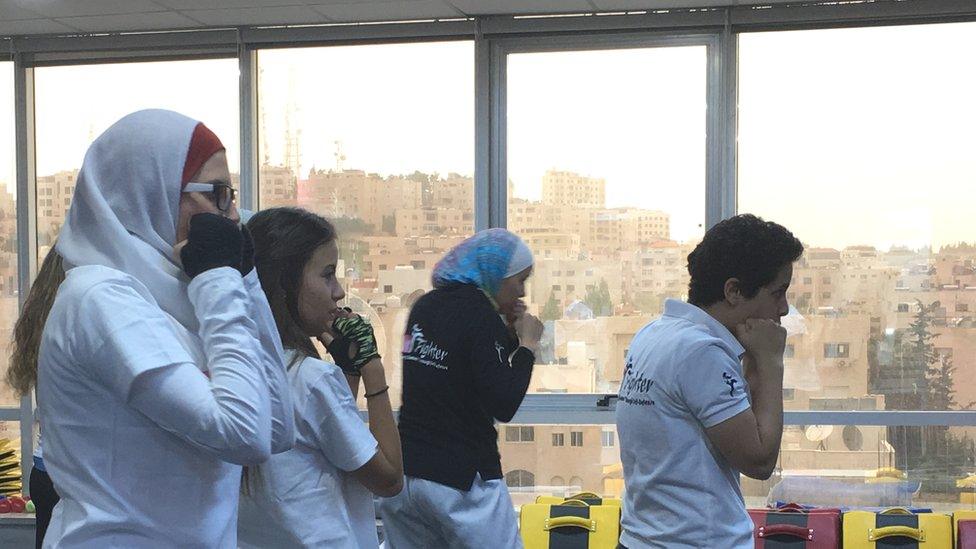
Around 60-70% of women get harassed in Jordan, says Lina
So far, up to 3,500 women have signed up to Lina's fighting school in the Jordanian capital, while the ripple effect has been felt across the country with 12,000 taking up the challenge.
That's not to say it has been an easy journey. Only a few months ago a public school in Amman declined her offer to train girls in martial arts because "that would make them more violent". Other schools, however, have welcomed her ideas for change.
Although her social enterprise is now making a profit through membership and the studio, in order to spread the word of female empowerment she still relies on funding from external sources such as NGOs.
However, for Lina and the confident women she's helped this is just the beginning. Her end goal? "Empowering 10 million women globally".

Mommy Made, Lebanon
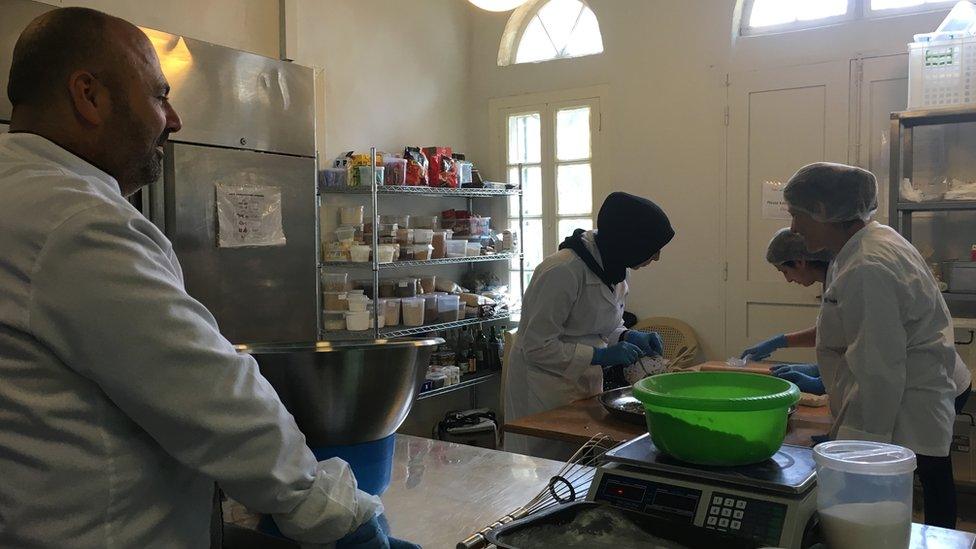
Samer Sfeir's social enterprise trains women and then places them in the workforce
Four years ago, Samer Sfeir, a 30-year-old engineer from Lebanon, together with Elie Matta and Chantale Saadeh, decided that despite a lack of cooking and business experience they were going to come up with a plan using both of these elements, which would result in a scheme to empower the women around them.
Their families weren't convinced. They are now.
With the help of Samer's brother, Marwan Sfeir, an architect, Samer converted his grandparents' basement in their 120-year old traditional Lebanese house into a central kitchen where Mommy Made - a social enterprise that trains women, places them in the workforce and also runs a catering service - came to life.
"My friends and I would help families in need during Christmas. But after a while we would contact them again and realise that they were back to a stage where they still needed food and clothing.
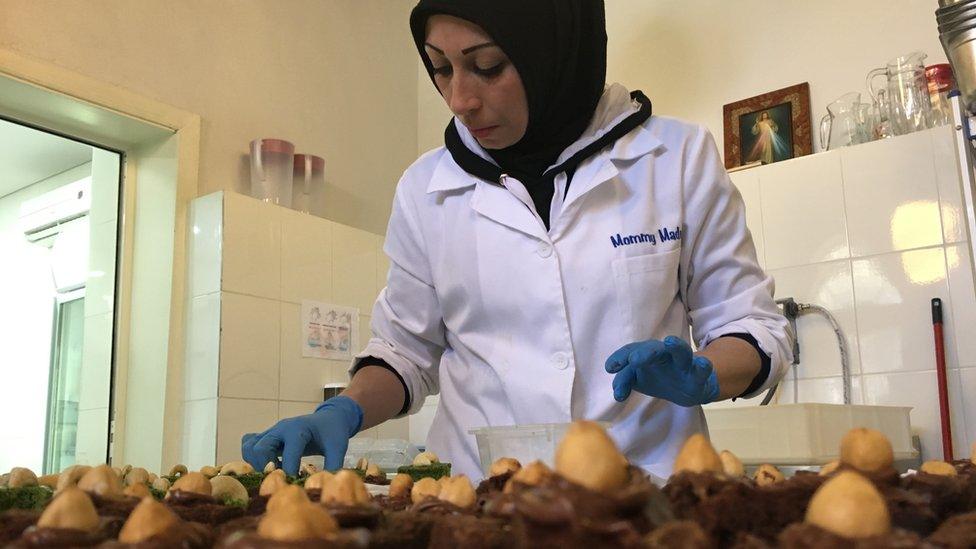
So far, Samer and his chefs have trained 80 women
"That made us realise we wanted to do something more sustainable. To teach someone how to fish instead of give him a fish", says Samer.
Financially independent
In Lebanon, a country where 28% of people live below the poverty line - with most of them being women facing social, physical and financial challenges - Mommy Made is changing the status quo.
It is giving women at high risk of poverty, domestic violence and other kinds of abuse, often coupled with a lack of education, the chance to be more socially mobile and financially independent.
The organisation operates using a "hybrid model", which works by reinvesting the profits made through the catering service, together with donations to teach and prepare its trainees for a successful career.
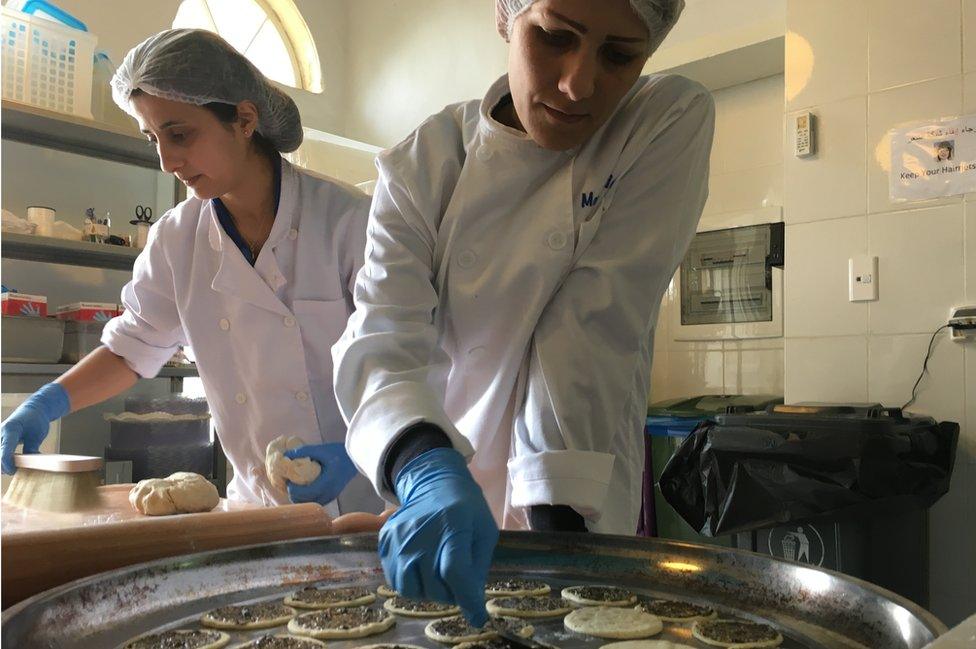
In Lebanon, 28% of the population live below the poverty line
To date, Samer and his specialist chefs have trained 80 women, with 50 of them going on to find jobs.
Dina Al Selman, 29, of Jabal Mohsen a poor neighbourhood in Tripoli is one of Mommy Made's success stories. Her house was burned down and she had no way to support her family.
"Where I come from people don't accept the idea of a woman working outside the house. They think women should stay at home.
"But now I am happy because I am able to work and support my children and my family."
- Published27 May 2016
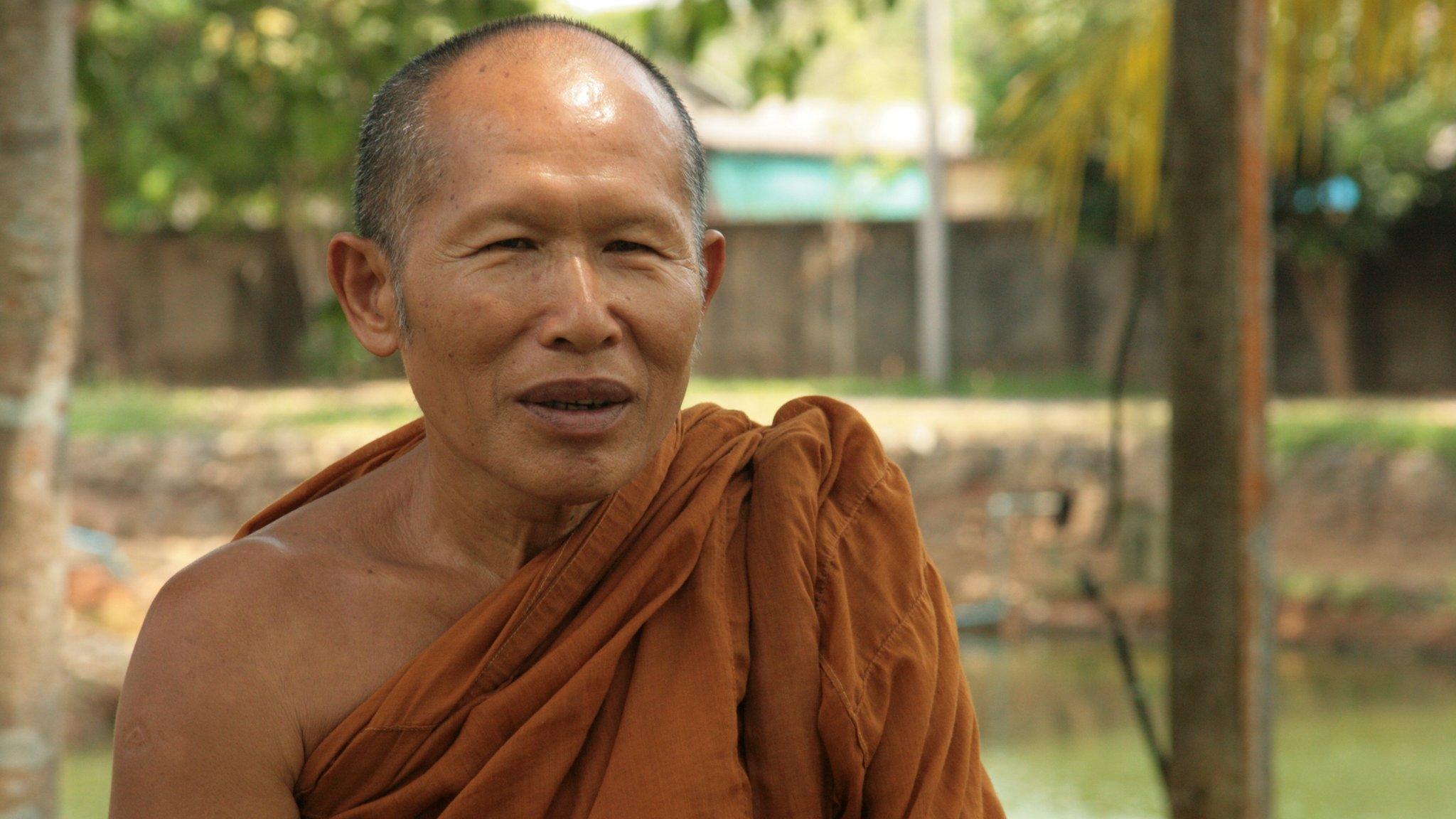
- Published20 May 2016
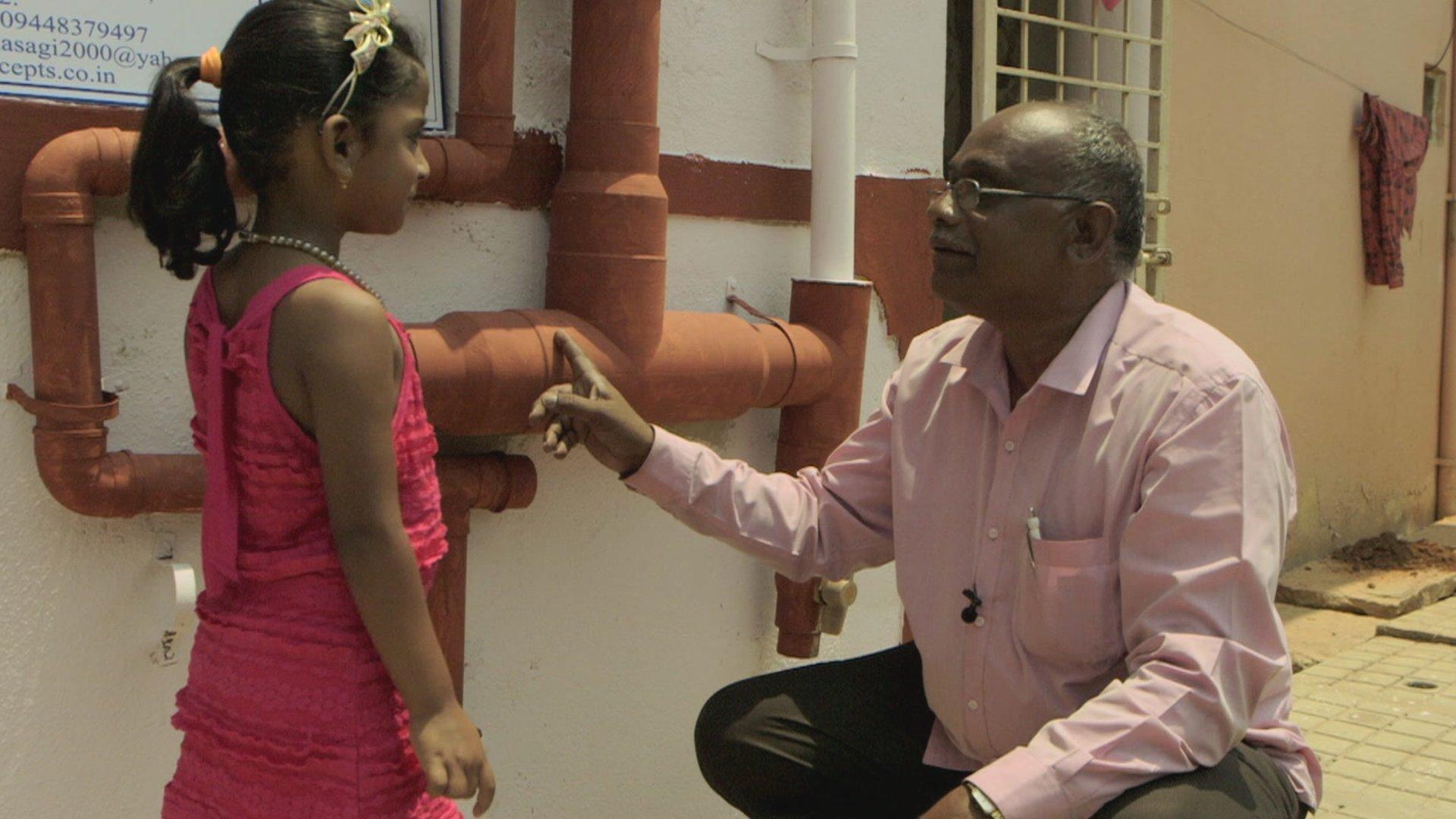
- Published6 May 2016
